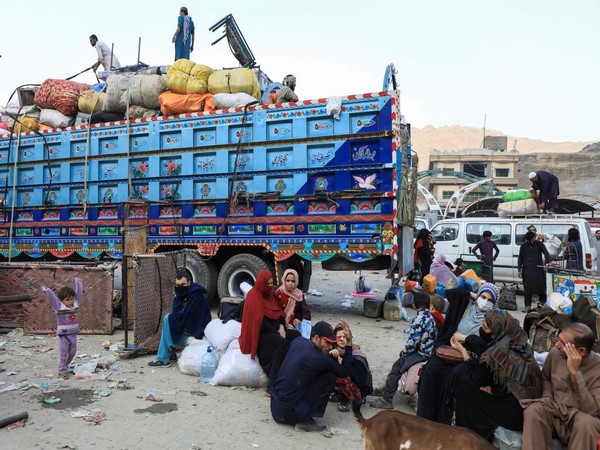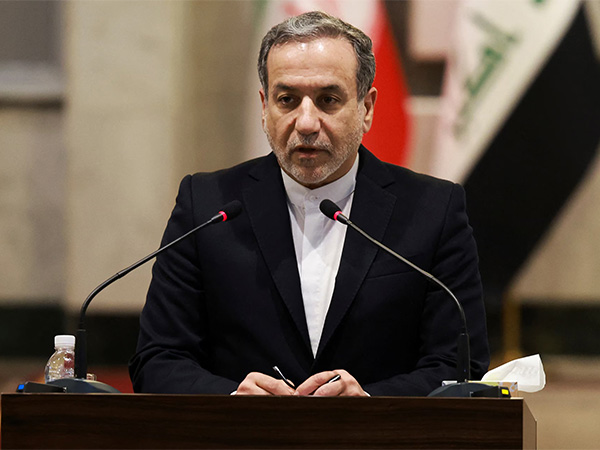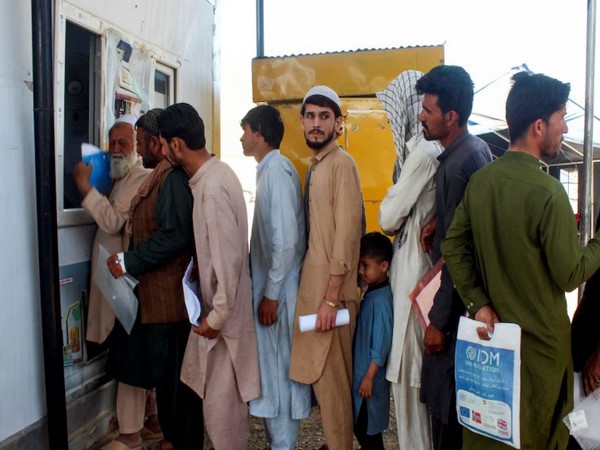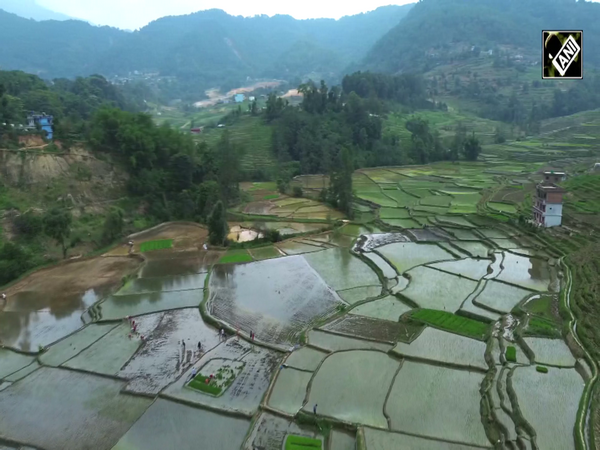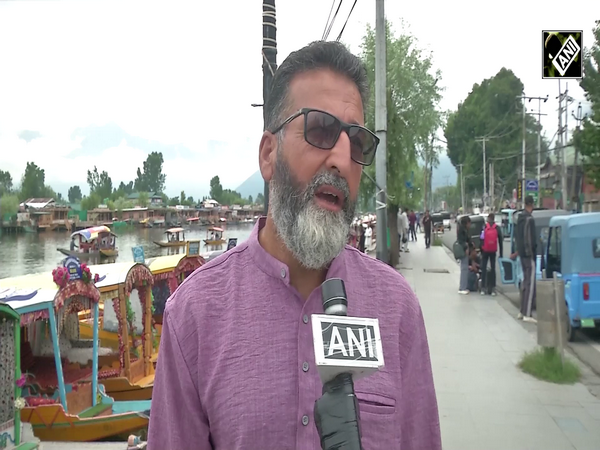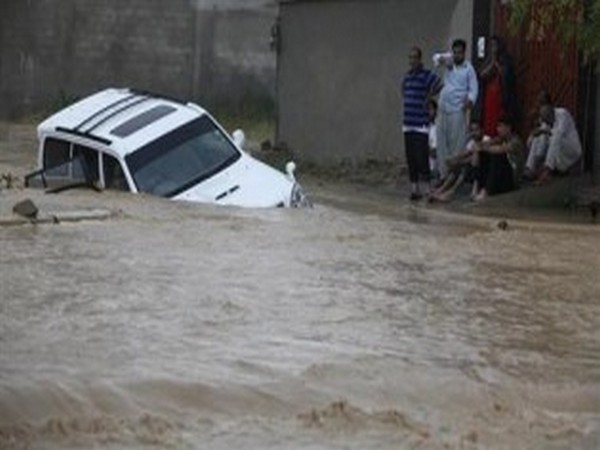
Flash floods wreak havoc in eastern Afghanistan, 3 dead
Jul 23, 2025
Khost [Afghanistan], July 24 : Flash floods have caused severe destruction across Afghanistan's eastern provinces of Khost and Paktia, killing three people and damaging homes, farmland, and key infrastructure, Khaama Press reported.
According to Khaama Press, the floods swept through several districts in both provinces, disrupting lives and leaving widespread economic devastation in their wake.
Local officials told Khaama Press that the Wazi district in Paktia and the Nadershah Kot, Zazi Maidan, and Sabari districts in Khost were among the hardest-hit areas, with homes and agricultural lands destroyed and retaining walls demolished.
"Three individuals lost their lives in Nadershah Kot district while collecting firewood near the floodwaters," eyewitnesses told Khaama Press, highlighting the dangers posed by sudden flooding events in vulnerable rural areas.
In addition to the tragic loss of life, Khaama Press reported that the floods have had a devastating impact on the economy of the affected communities, most of whom rely heavily on farming and natural resources for their livelihoods.
The latest flooding comes just weeks after a similar disaster struck the same region, with Khaama Press noting a troubling trend of recurrent natural disasters in these provinces, where poor infrastructure and limited disaster preparedness exacerbate the consequences.
Experts have called for urgent investment in flood management systems and greater support from national and international organisations to assist affected communities and build resilience against future calamities.
The growing frequency of such disasters, coupled with limited global engagement, highlights Afghanistan's mounting vulnerabilities. Reflecting this broader isolation, Afghanistan's passport has been ranked the least powerful in the world in 2025, offering visa-free access to just 26 countries, as reported by Khaama Press.
According to the Henley Passport Index for 2025, Afghanistan was ranked 106th, at the bottom of the global list, making it the most restricted passport worldwide.
The annual index, based on exclusive data from the International Air Transport Association (IATA), ranks passports according to the number of destinations their holders can enter without a visa.
Khaama Press reported that Afghanistan's travel freedom continues to shrink. In 2024, the country ranked 104th.
The two-rank drop in 2025 highlights a further erosion in the country's global mobility, leaving Afghan citizens increasingly cut off from the rest of the world.
Meanwhile, Singapore topped the Henley Index in 2025, with its citizens enjoying visa-free access to 195 countries. Japan followed with access to 193 destinations.
Finland, France, Germany, Italy, South Korea, and Spain jointly secured third place, with visa-free access to 192 countries.
By contrast, Afghan passport holders can travel without a visa to only 26 countries, including Sri Lanka, Somalia, Kenya, Cambodia, and Bangladesh, Khaama Press noted. The drastic gap underscores the limited options available to Afghan citizens for international movement.
Despite the Taliban's control over the country, Afghan passports continue to be printed with the emblem of the former government, Khaama Press reported.
The report also highlighted how this, combined with severe political instability and economic collapse, has worsened migration trends, even as acquiring a passport has become increasingly difficult for ordinary citizens.
Khaama Press further stated that the consistent decline in the power of Afghanistan's passport mirrors the nation's worsening diplomatic and economic standing.
The limited global access not only restricts individual movement but also reflects broader issues of international exclusion and lack of recognition.
Experts note that unless Afghanistan addresses its core challenges, including governance issues, economic recovery, and efforts to gain international legitimacy, the passport is likely to remain at the bottom of global rankings for the foreseeable future.
